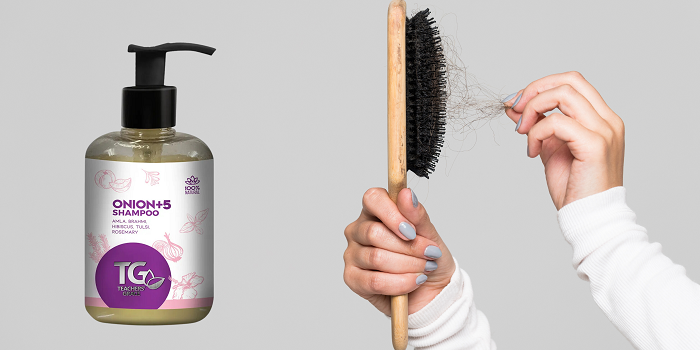Hair fall, also known as hair loss or alopecia, is a common condition that can occur due to various factors. While it’s normal to lose some hair every day, excessive hair fall can be distressing. There are several potential causes for hair fall, and it’s important to identify the underlying cause to determine the most appropriate treatment. Here are some common causes and suggestions:
1. Genetic factors: The most common cause of hair loss in both men and women is genetic predisposition. This condition is known as male or female pattern baldness. In these cases, hair loss typically occurs gradually over time.
2. Hormonal changes: Hormonal changes due to pregnancy, childbirth, menopause, or thyroid disorders can contribute to hair loss. In such cases, the hair loss is usually temporary and resolves on its own.
3. Nutritional deficiencies: Inadequate intake of essential nutrients like vitamins (especially biotin), minerals (such as iron and zinc), and protein can affect hair health and contribute to hair fall. A balanced diet rich in these nutrients is crucial for healthy hair.

4. Scalp conditions: Conditions like dandruff, fungal infections (such as ringworm), or dermatitis can cause scalp irritation, leading to hair fall. Treating the underlying scalp condition can help prevent hair loss.
5. Physical or emotional stress: Physical or emotional stress, such as a major illness, surgery, or traumatic life events, can disrupt the hair growth cycle and lead to excessive hair fall. Managing stress through relaxation techniques and self-care practices can be beneficial.
6. Hairstyling and treatments: Excessive heat styling, chemical treatments (like perming or straightening), tight hairstyles (such as ponytails or braids), and using harsh hair products can damage the hair shaft and contribute to hair breakage and loss.
Here are some general tips to help manage hair fall:
Maintain a balanced diet: Ensure that your diet includes a variety of nutrient-rich foods, including fruits, vegetables, whole grains, lean proteins, and healthy fats. Consider supplements if you have specific nutrient deficiencies, but consult a healthcare professional before starting any supplements.
Be gentle with your hair: Avoid excessive brushing, harsh combing, and tight hairstyles that can pull on the hair. Use a wide-toothed comb or a brush with soft bristles.
Avoid heat and chemical treatments: Minimize the use of heat styling tools (such as blow dryers, curling irons, and straighteners) and harsh chemical treatments that can damage the hair. If using them, apply a heat protectant and follow the instructions carefully.
Choose gentle hair care products: Opt for the best hair fall shampoo for women and conditioners that are suitable for your hair type. Avoid products containing harsh chemicals like sulfates and parabens.
Protect your hair from the sun and environmental damage: Wear a hat or use a scarf to shield your hair from the sun’s harmful UV rays. Also, protect your hair from chlorine and salt water while swimming by wearing a swim cap or rinsing your hair with clean water afterwards.
If you’re concerned about excessive hair fall, use the best ayurvedic oil for hair fall by Teachers Grace.
Remember, individual cases can vary, and professional medical advice is important for accurate diagnosis and personalized treatment.

Leave a comment